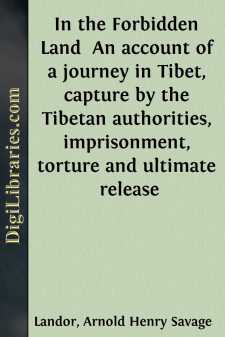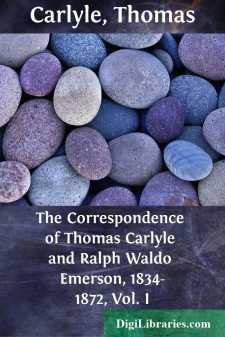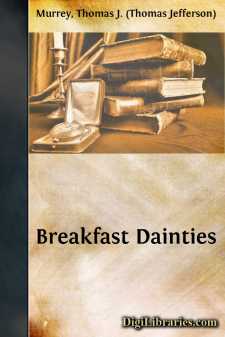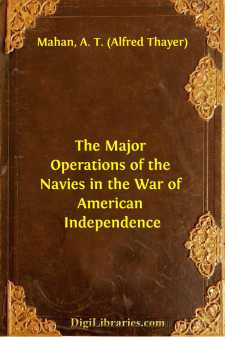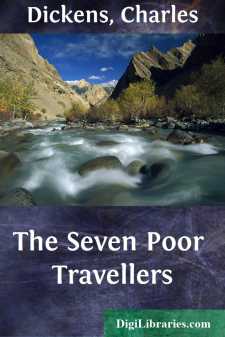Categories
- Antiques & Collectibles 13
- Architecture 36
- Art 48
- Bibles 22
- Biography & Autobiography 813
- Body, Mind & Spirit 142
- Business & Economics 28
- Children's Books 13
- Children's Fiction 10
- Computers 4
- Cooking 94
- Crafts & Hobbies 4
- Drama 346
- Education 46
- Family & Relationships 57
- Fiction 11828
- Games 19
- Gardening 17
- Health & Fitness 34
- History 1377
- House & Home 1
- Humor 147
- Juvenile Fiction 1873
- Juvenile Nonfiction 202
- Language Arts & Disciplines 88
- Law 16
- Literary Collections 686
- Literary Criticism 179
- Mathematics 13
- Medical 41
- Music 40
- Nature 179
- Non-Classifiable 1768
- Performing Arts 7
- Periodicals 1453
- Philosophy 64
- Photography 2
- Poetry 896
- Political Science 203
- Psychology 42
- Reference 154
- Religion 513
- Science 126
- Self-Help 84
- Social Science 81
- Sports & Recreation 34
- Study Aids 3
- Technology & Engineering 59
- Transportation 23
- Travel 463
- True Crime 29
Sort by:
IN THE FORBIDDEN LAND Times: "The ordinary reader will be struck with the portraits, which show that in a very few weeks he must have endured a lifetime of concentrated misery. Other travellers, no doubt, have gone further, but none who have escaped with their lives have fared worse.... Mr. Landor tells a plain and manly tale, without affectation or bravado. It is a book, certainly, that will be...
more...
by:
Thomas Carlyle
I. Emerson to Carlyle Boston, Massachusetts, 14 May, 1884 My Dear Sir,—There are some purposes we delay long to execute simply because we have them more at heart than others, and such an one has been for many weeks, I may say months, my design of writing you an epistle. Some chance wind of Fame blew your name to me, perhaps two years ago, as the author of papers which I had already distinguished (as...
more...
PREFACE This volume, which is intended as a supplement to the work which we published in 1895, gives a brief account of researches which have been subsequently published, as well as of certain of our own investigations, the results of which are now for the first time recorded. We have not attempted to give the subject-matter the form of a connected record. The contributions to the study of...
more...
REMARKS ON BREAKFAST COOKERY. "Dinner may be pleasant, So may social tea;But yet methinks the breakfast Is best of all the three." The importance of preparing a variety of dainty dishes for the breakfast table is but lightly considered by many who can afford luxuries, quite as much as by those who little dream of the delightful, palate-pleasing compounds made from "unconsidered...
more...
CHAPTER I THE NAVAL CAMPAIGN ON LAKE CHAMPLAIN1775-1776 Preponderant effect of Control of the Water upon the Struggle for American Independence Deducible then from Reason and from Experience Consequent Necessity to the Americans of a Counterpoise to British Navy This obtained through Burgoyne's Surrender The Surrender of Burgoyne traceable directly to the Naval Campaigns on Lake Champlain, 1775,...
more...
by:
Jules Verne
CHAPTER I. THE DOCTOR’S INVENTORY. It was a bold project of Hatteras to push his way to the North Pole, and gain for his country the honour and glory of its discovery. But he had done all that lay in human power now, and, after having struggled for nine months against currents and tempests, shattering icebergs and breaking through almost insurmountable barriers, amid the cold of an unprecedented...
more...
by:
Charles Dickens
CHIRP THE FIRST The kettle began it! Don't tell me what Mrs. Peerybingle said. I know better. Mrs. Peerybingle may leave it on record to the end of time that she couldn't say which of them began it; but I say the kettle did. I ought to know, I hope? The kettle began it, full five minutes by the little waxy-faced Dutch clock in the corner, before the Cricket uttered a chirp. As if the clock...
more...
by:
Charles Dickens
CHAPTER I—IN THE OLD CITY OF ROCHESTER Strictly speaking, there were only six Poor Travellers; but, being a Traveller myself, though an idle one, and being withal as poor as I hope to be, I brought the number up to seven. This word of explanation is due at once, for what says the inscription over the quaint old door? RICHARD WATTS, Esq.by his Will, dated 22 Aug. 1579,founded this Charityfor Six...
more...
by:
Various
MYSELF, PUNCH, AND THE KEELEYS. I dined with my old friend and schoolfellow, Jack Withers, one day last September. On the previous morning, on my way to the India House, I had run up against a stout individual on Cornhill, and on looking in his face as I stopped for a moment to apologise, an abrupt “This is surely Jack Withers,” burst from my lips, followed by—“God bless me! Will Bayfield!”...
more...
by:
C. C. Long
Home Geography. LESSON I.POSITION.Lay your hands upon your desk, side by side. Which side shall we call the right side? The left side? Put your hands on the middle of your desk on the side farthest from you. That part is the back of your desk. Think which is the front of your desk. Put your hands on the front of your desk. Who sits on your right hand? On your left? At the desk in front of you? At the...
more...


